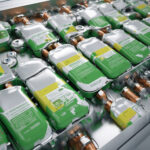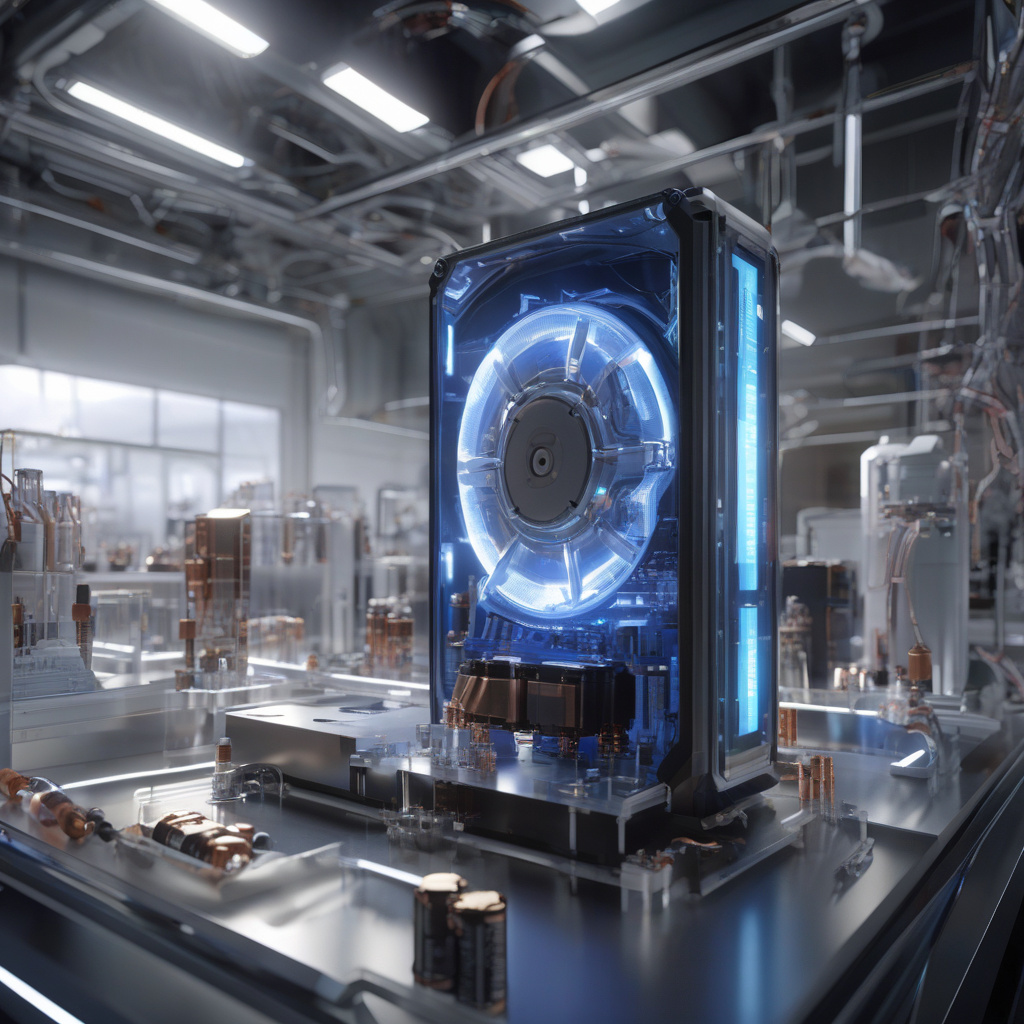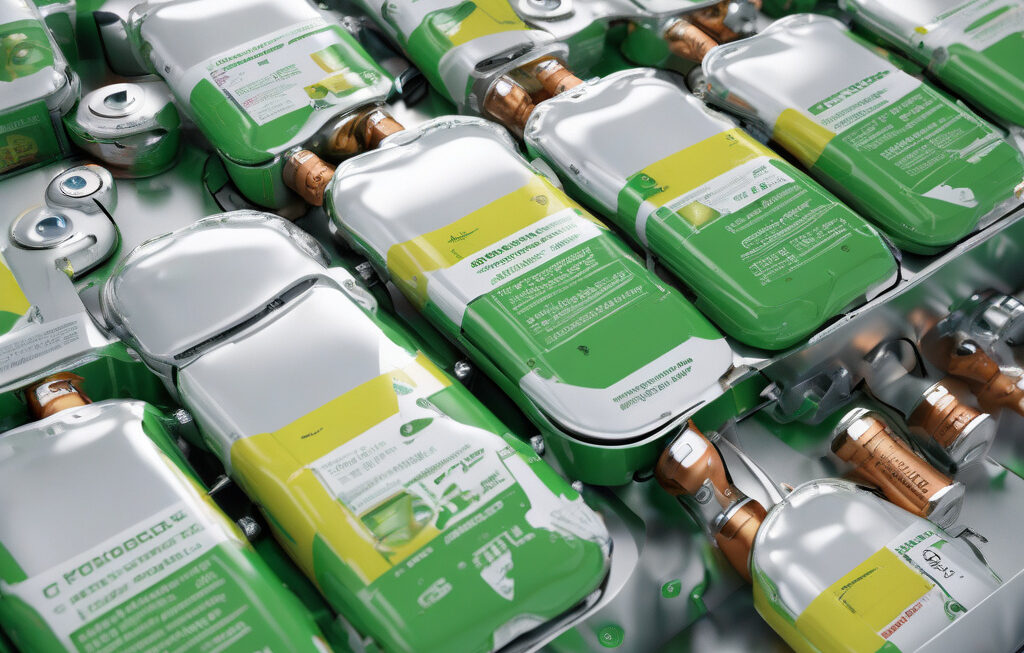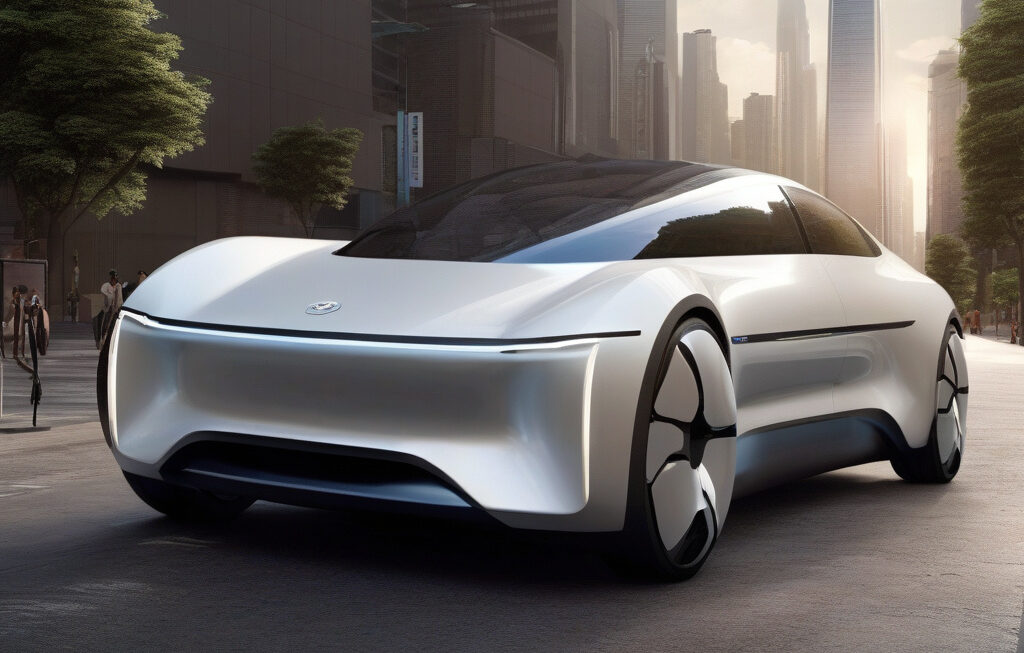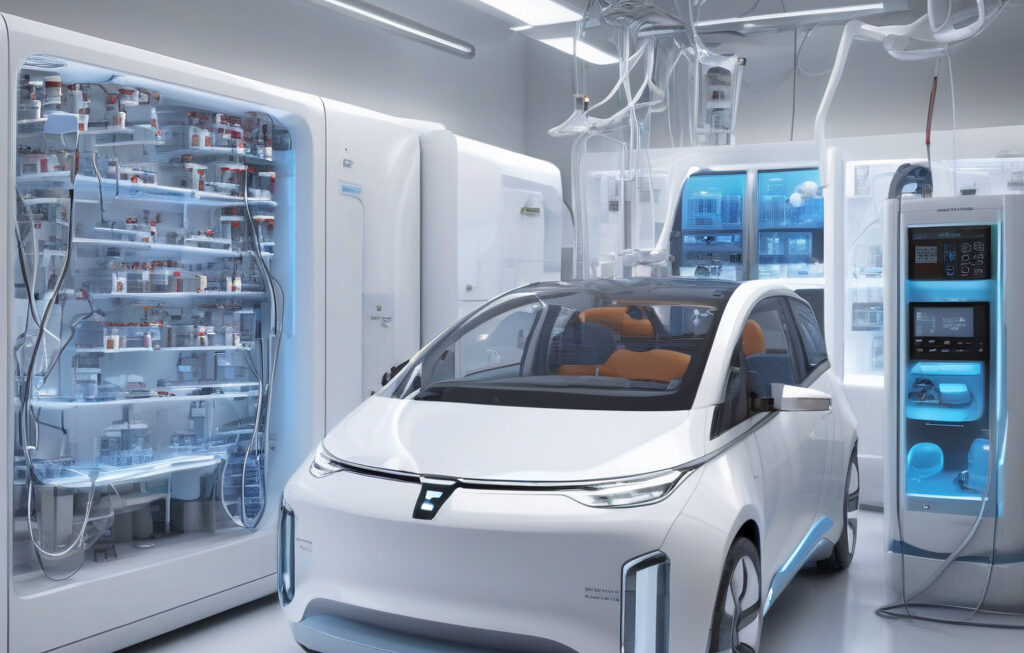Stellantis’ Advancement in Solid-State EV Batteries Outperforms Tesla
Stellantis, one of the world’s largest automakers, has recently made significant strides in the electric vehicle (EV) market by achieving a breakthrough in solid-state battery technology. Teaming up with Factorial Energy, a pioneer in the field of battery technology, Stellantis has successfully developed a solid-state EV battery that surpasses the capabilities of its competitor, Tesla. This remarkable achievement comes in the form of a battery that boasts an impressive energy density of 375Wh/kg after undergoing 600 charging cycles.
The development of solid-state batteries represents a major leap forward in the EV industry. These batteries offer several advantages over traditional lithium-ion batteries, including higher energy density, faster charging times, improved safety, and longer lifespan. Stellantis’ latest accomplishment in this realm not only demonstrates the company’s commitment to innovation but also positions it as a formidable player in the rapidly evolving EV market.
One of the key highlights of Stellantis’ solid-state EV battery is its exceptional energy density of 375Wh/kg. This metric is crucial as it directly impacts the driving range and overall performance of electric vehicles. By achieving such high energy density, Stellantis has effectively addressed one of the primary concerns associated with EVs, namely range anxiety. With this breakthrough, Stellantis is paving the way for EVs that can travel longer distances on a single charge, thereby enhancing the practicality and convenience of electric mobility.
Moreover, the solid-state nature of the battery offers enhanced safety features compared to conventional lithium-ion batteries. Solid-state batteries are inherently less prone to thermal runaway, which significantly reduces the risk of fire or explosion. This improved safety profile is a crucial factor in boosting consumer confidence in EV technology and accelerating its mainstream adoption.
Another noteworthy aspect of Stellantis’ solid-state EV battery is its impressive durability, as evidenced by its ability to maintain a high energy density even after 600 charging cycles. The longevity of the battery is a critical consideration for consumers looking to invest in EVs, as it directly influences the total cost of ownership. By demonstrating excellent cycle life performance, Stellantis has showcased the reliability and longevity of its solid-state battery technology, further solidifying its position as an industry leader.
In addition to these technical advancements, Stellantis’ collaboration with Factorial Energy underscores the importance of partnerships in driving innovation within the automotive sector. By leveraging Factorial Energy’s expertise in battery technology, Stellantis has been able to accelerate the development of cutting-edge solutions that push the boundaries of what is possible in the EV market. This collaboration serves as a testament to the power of industry partnerships in fostering technological breakthroughs and driving sustainable growth.
As Stellantis continues to make significant strides in solid-state battery technology, the implications for the broader EV market are profound. With improved energy density, enhanced safety features, and exceptional durability, Stellantis’ solid-state EV battery sets a new standard for performance and reliability in electric vehicles. By surpassing Tesla in this crucial aspect of EV technology, Stellantis has positioned itself as a frontrunner in the race towards a more sustainable and efficient automotive future.
In conclusion, Stellantis’ recent achievement in developing a solid-state EV battery with a remarkable energy density of 375Wh/kg after 600 cycles represents a major milestone in the company’s quest for innovation and excellence in the EV market. With this breakthrough technology, Stellantis is not only challenging the status quo but also reshaping the future of electric mobility on a global scale.
Stellantis, solid-state battery, EV, Factorial Energy, Tesla







